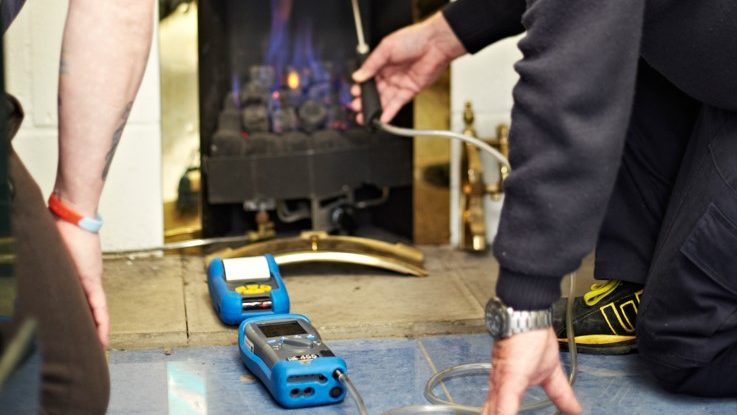
The gas industry is approaching a significant period of transition, with an integral role to play in the wider construction sector’s efforts to become more sustainable.
This means we’ll inevitably see a number of changes to the typical job spec and how the industry approaches gas engineer training.
So what do these changes mean for the immediate and long-term future of gas engineers? Below we’ve taken a look at the long-term demand for those with the required qualifications, along with the key upcoming dates for the industry.
Government grants to address the demand for heating engineers
In an effort to speed up the transition to cleaner energy in homes, the government has revealed plans for a new £5m Heat Training Grant. The package is aimed at supporting 10,000 trainees over the next two years in becoming low-carbon heating experts.
Grants of up to £500 will be made available to contribute to training costs, with major heating manufacturers including Panasonic, Valiant and Worcester-Bosch expected to offer additional discounts to training costs.
This move aligns with the HHIC’s recent Heating Up to Net Zero whitepaper, which highlights a lack of skilled heating engineers as a major issue in the government’s plans to install 600,000 new heat pumps per year by 2028. The organisation’s research predicts that to meet this target, an additional 50,000 qualified workers will be needed.
Gas engineers needed to fill gaps in an ageing workforce
The HHIC whitepaper also highlights the ongoing skills shortages across the gas industry as a result of an ageing workforce. More than 50% of heating system installers are aged over 55 and only 12% of the oil and gas industry’s overall workforce is under the age of 30.
Data from 68 of the largest engineering contractors expect the sector’s headcount to exceed pre-Covid levels by almost 10% in 2023. However, the ECITB still warns this increase alone won’t be enough to cope with the increasing demand for qualified workers needed in the transition towards green energy supplies. This means there will almost certainly be a high number of opportunities for those considering a career in gas.
Natural gas still dominates UK supplies
In a recent study by Statista, gas central heating was still by far the most common method of heating a home during colder months, with 78% of respondents still relying on natural gas supplies.
Despite the much-talked-about 2025 gas boiler ban being around the corner, this only applies to new-build homes, meaning the 23 million homes with existing gas boilers will still need gas engineers to carry out services and repairs the same way they always have for at least another couple of decades.
Beyond this, gas engineers will continue to have a vital role to play in decommissioning natural gas supplies and the transition towards greener hydrogen gas.
What are the key dates gas engineers should be aware of?
Below are the key dates gas engineers should be aware of as the industry gradually switches from natural gas to a hydrogen blend, before eventually turning to 100% hydrogen supplies.
- 2025: Gas boilers no longer included in new-build properties
- 2025-2030: 20% hydrogen blend introduced into the gas grid
- 2030-2035: Gas grid switches to a 100% hydrogen gas supply
- 2035: Gas-fired boilers removed from the market in favour of hydrogen boilers and heat pumps
How does this affect the future of gas engineer training?
Shifting technologies will require changes to training frameworks. Energy & Utility Skills have teamed up with IGEM to develop a new set of standards for gas engineers, along with new training modules for domestic, commercial and industrial hydrogen gas installation.
IGEM will also assess ongoing hydrogen research to update the IGEM/H/1 Hydrogen Reference Standard and create two brand new standards that cover both domestic and non-domestic scenarios. Following this, Energy & Utility Skills will finalise the new training framework by September 2023.
Want to learn more about beginning your career in gas? Able Skills offers a range of expert-led gas engineer training courses to suit all levels of experience. Visit our training centre anytime we’re open for a chat, or if you can’t make it in, call us on 01322 280 202.